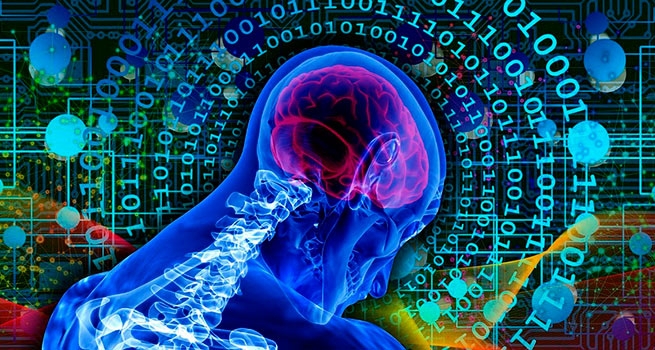Recent advances in artificial intelligence could lead to the automation of a quarter of jobs in the labor markets in Europe and the US. Hundreds of millions of people will be forced to look for new jobs. This is reported by the Financial Times, citing the results of a study conducted by Goldman Sachs.
Generative AI systems like ChatGPT can create content that is indistinguishable from human labor. They can greatly increase labor productivity and increase world GDP by 7% within 10 years. However, if AI lives up to its expectations, it will also cause “significant shocks” in the labor market. In the major economies of Europe and the US alone, automation by AI will affect 300 million jobs.
Analysts believe that the greatest risk of dismissal hangs over lawyers and administrative staff. In most jobs, automation will affect less than half of the workload, but this will not lead to layoffs, but to increased productivity. This scenario will affect 63% of jobs, and another 30% of people employed in manual jobs or in the open air, the changes will hardly be affected. In the United States alone, about 7% of specialists are employed in jobs in which generative AI could perform at least half of the tasks, and such workers could be replaced by computers. A similar effect should be expected in Europe. In a global context, given that in developing countries, physical labor makes up a significant share of employment, AI will be able to perform about 20% of tasks.
The forecasts proposed by Goldman Sachs analysts are conservative: last week, the OpenAI company responsible for ChatGPT predictedthat 80% of all US workers will find that at least 10% of their tasks can be performed by generative AI. In addition, Europol representatives warned (PDF) about the coming invasion “dark big language models”which will make “the key criminal business model of the future”.
Business investment in AI will continue to grow at the same pace as investment in software in the nineties – by 2030 their volume will reach 1% of GDP, calculated by Goldman Sachs. Analysts have speculated that AI could fill out small business tax returns, assess complex insurance claims, and even document the results of crime scene inspections. At the same time, artificial intelligence has so far been denied tasks such as making court decisions, checking the status of a patient in intensive care, and studying international tax law.







More Stories
The Holy Fire will arrive at Athens airport at 19:00
Be careful: no one is safe from a black widow bite (video)
Study: Women live longer, but also suffer more health problems than men